
Healthy Eating
A healthy and proper nutrition means optimal intake of calories, vitamins, minerals and fluids, and the optimal ratio of protein, carbohydrates and fats in order to ensure the body needs for building energy and protective substances.Meat, Fish and Their Alternative Food
Meat, fish, eggs, and substitute foods like beans and lentils, contain proteins that are essential for the growth and recovery. Protein food, especially meat, is also a rich source of iron, selenium, zinc and vitamin B.Further reduce of fat intake with protein foods assumes, for example, removing skin from chicken, cutting off the obvious fat from red meat, lamb, pork and beef, and minimal use of oil for cooking.
Two fish meals per week are recommendable. Salmon, sardines and trout are rich in omega 3 fatty acids which are very useful for human health.
Breads, Cereals and Potatoes
Foods, containing a high percentage of carbohydrates like bread, potatoes, rice, and cereals, provide the energy and important nutrients including iron and vitamin B to the human body.These types of food should be a third of total energy intake. It is important to choose non-refined foods, which are richer in fiber. They provide longer feel of fullness and help in controlling hunger.
A balanced diet should contain five carbohydrate servings each day.
Fruits and Vegetables
Fruits and vegetables provide essential nutrients such as vitamins and minerals, and contain many other components that are associated with healthy eating. Everyone should strive to increase the use of vegetables and fruits, because they are rich in water and can help in controlling calorie intake.Everyday diet should contain five portions of fruit and vegetables a day. Portion should weigh about 80 g, including fresh, cooked, frozen and dried fruits and vegetables and natural juices.
Milk and Milk Products
Foods, such as cheese, yogurt and milk, are an important source of calcium and other minerals and vitamins. Products with lower proportion of fat should be preferred.Healthy diet assumes three servings of milk products each day.
Sweets, Snacks and Alcohol
Sweets usually contain fats and sugars. This group includes chips, creamy spreads, cakes, biscuits, chocolate, sweet drinks, alcohol, etc. Intake of these foods should be reduced to the lowest possible level. Sweets should be replaced with fruit, snacks with dried fruit and sweet drinks with fruit juice or unsweetened tea. Alcohol contains about 7 calories per gram. Besides adding calories, alcohol consumption stimulates appetite and may interfere with healthy eating habits.A Few Words About the Salt
More than half of the population consumes more salt than it is recommended and more than twice the amount their body needs. Healthy diet means preparing food with fresh ingredients whenever it is possible. Salted snacks should be avoided.

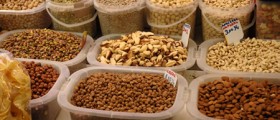
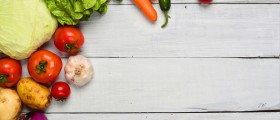
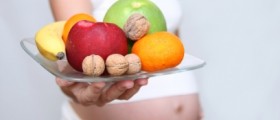

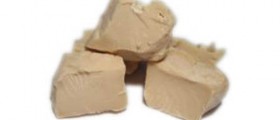
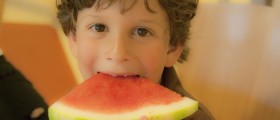

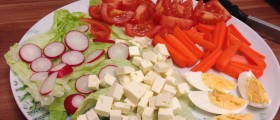
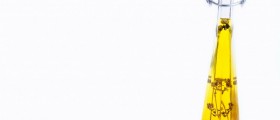
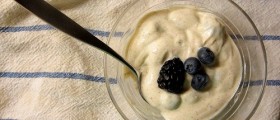
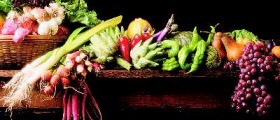
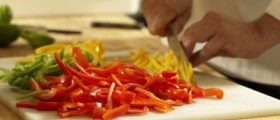
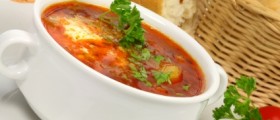
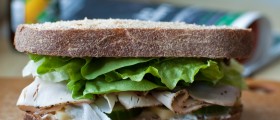
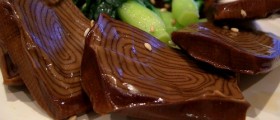
Your thoughts on this
Loading...